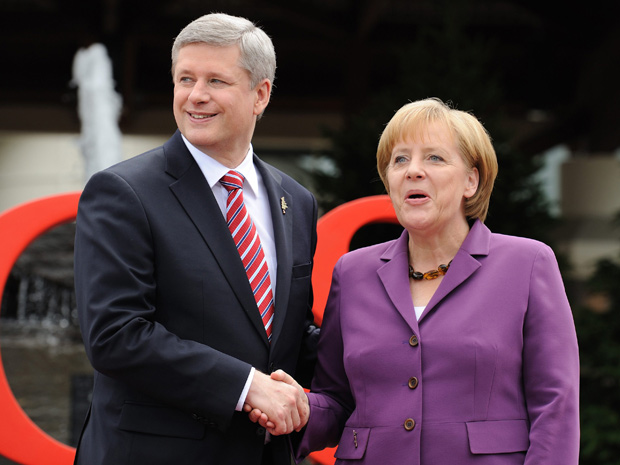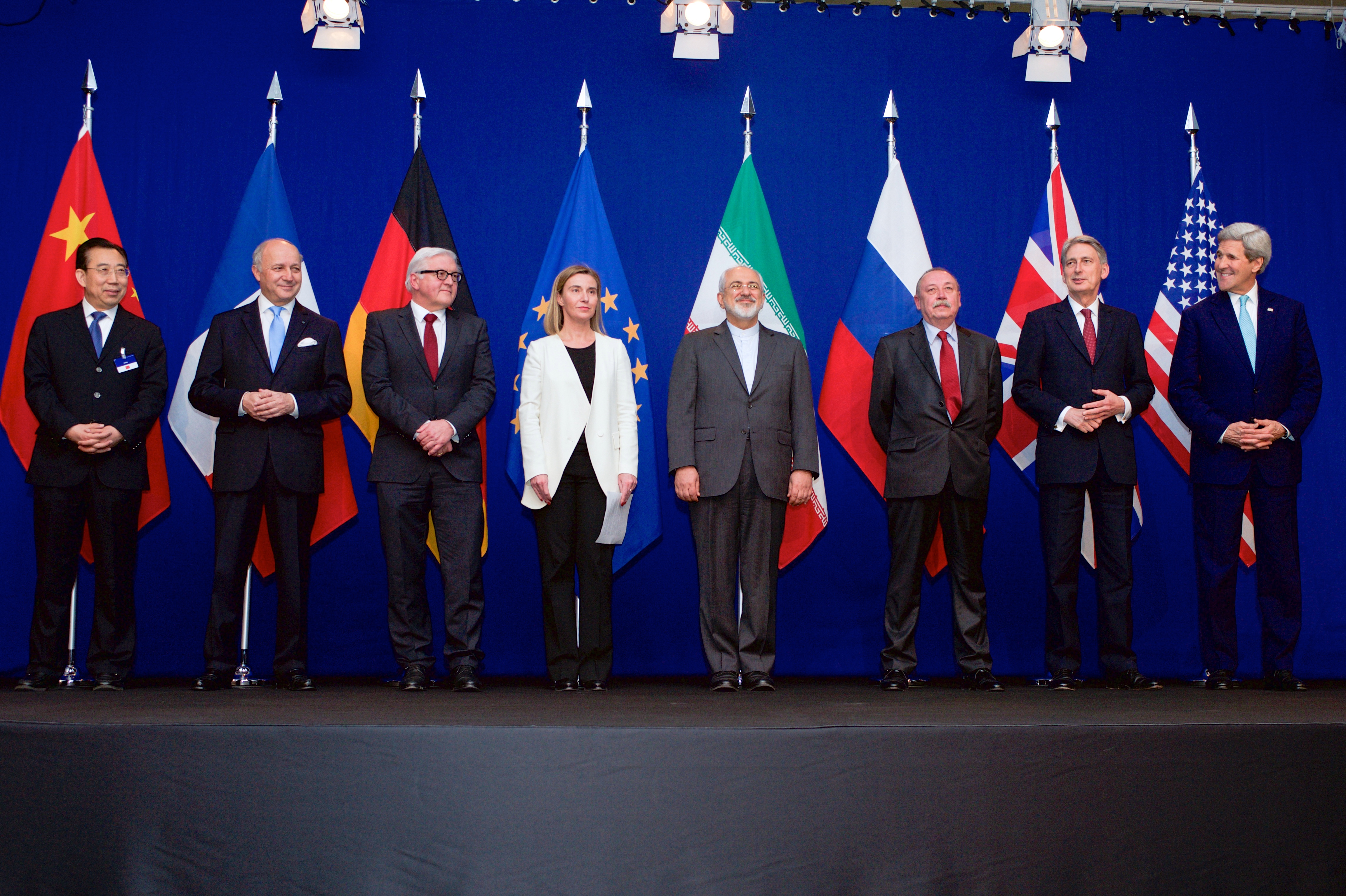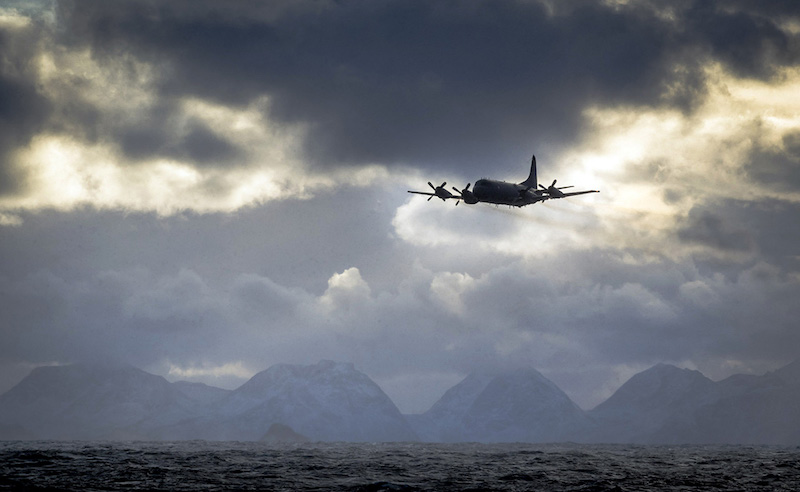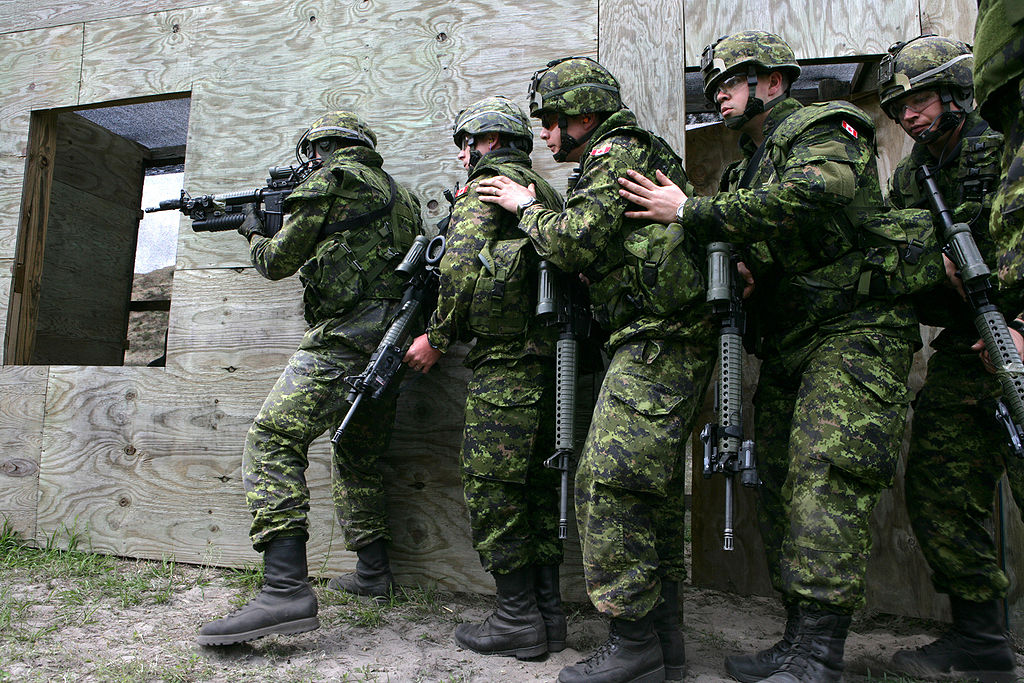[captionpix align=”left” theme=”elegant” width=”320″ imgsrc=” http://beta.images.theglobeandmail.com/f1c/news/politics/article4483484.ece/ALTERNATES/w620/web-merkel-harper16nw1.JPG” captiontext=”For Canada and Germany, the stakes have never been higher.”]
It has been a decade since a German Chancellor visited Canada for a bilateral meeting – the last time it was Gerhard Schroeder in 2002. Governments have changed in both countries since then, and although their respective leaders have come together many times at various high level conferences, most recently at the G8, G20, and NATO Summits, it was high time they held an official bilateral meeting, especially since Canada and Germany stand out as two of the strongest economies in the fraying camp of the developed nations. Angela Merkel’s plane landed in Ottawa around 5pm on August 15 for a packed 24-hour visit, during which the two leaders will definitely have lots to discuss.
The most important issue will be free trade agreement talks. The EU-Canada Comprehensive Economic and Trade Agreement, or CETA, has been under negotiation since October 2009. It has now entered the final stages and the results are incredibly important for Ottawa. According to a preliminary study conducted jointly by the EU and Canada in 2008, there are many tangible benefits for Canada: CETA “could boost Canada’s gross domestic product by $12-billion annually and increase bilateral trade by 20%” – which is roughly equivalent to creating around 80,000 new jobs or adding $1,000 to the average Canadian family’s income.
Meanwhile, the biggest question on Merkel’s mind will no doubt be the current Eurozone crisis, with the situation seemingly getting more and more depressing each week. It is likely to create some tension between the two leaders, as back in June Germany criticized Canada for refusing to contribute to an IMF fund destined to bail out the suffering EU economies.
However, both Stephen Harper and Angela Merkel are known to be calm and sober politicians, so we can be sure that they will do everything necessary to avoid embarrassment. In fact, their talks will most likely result in something productive, despite some strong personal differences in the style and brand of conservatism that they represent. One of the notable differences between the two is attention to environmental and scientific issues, with Harper earning the ire of our scientists for cutting funding to important scientific projects, while Merkel strongly emphasizes the value of these types of programs. It was under her leadership that Germany weaned off its dependence on nuclear energy, and during her present visit she will journey on to Halifax to sign a memorandum of understanding on scientific research between Dalhousie University and the Helmholz Association of German Research Centres.
We cannot be sure yet if Harper will relent on the Eurozone crisis question, but that is not very likely. For him CETA is the most important thing, and that is already nearing conclusion. Besides, it is being negotiated with the entire European Commission, and not with single member-states, even such an influential one as Germany.




